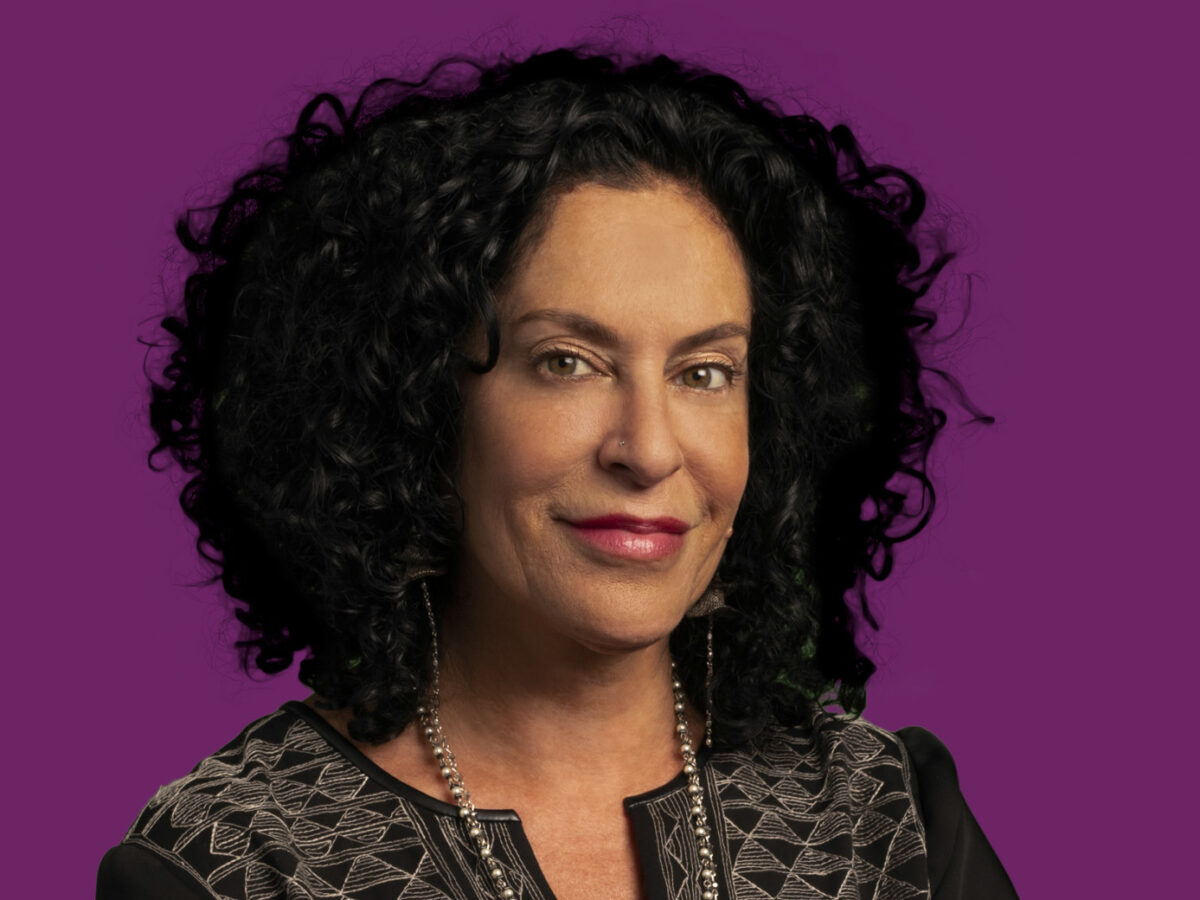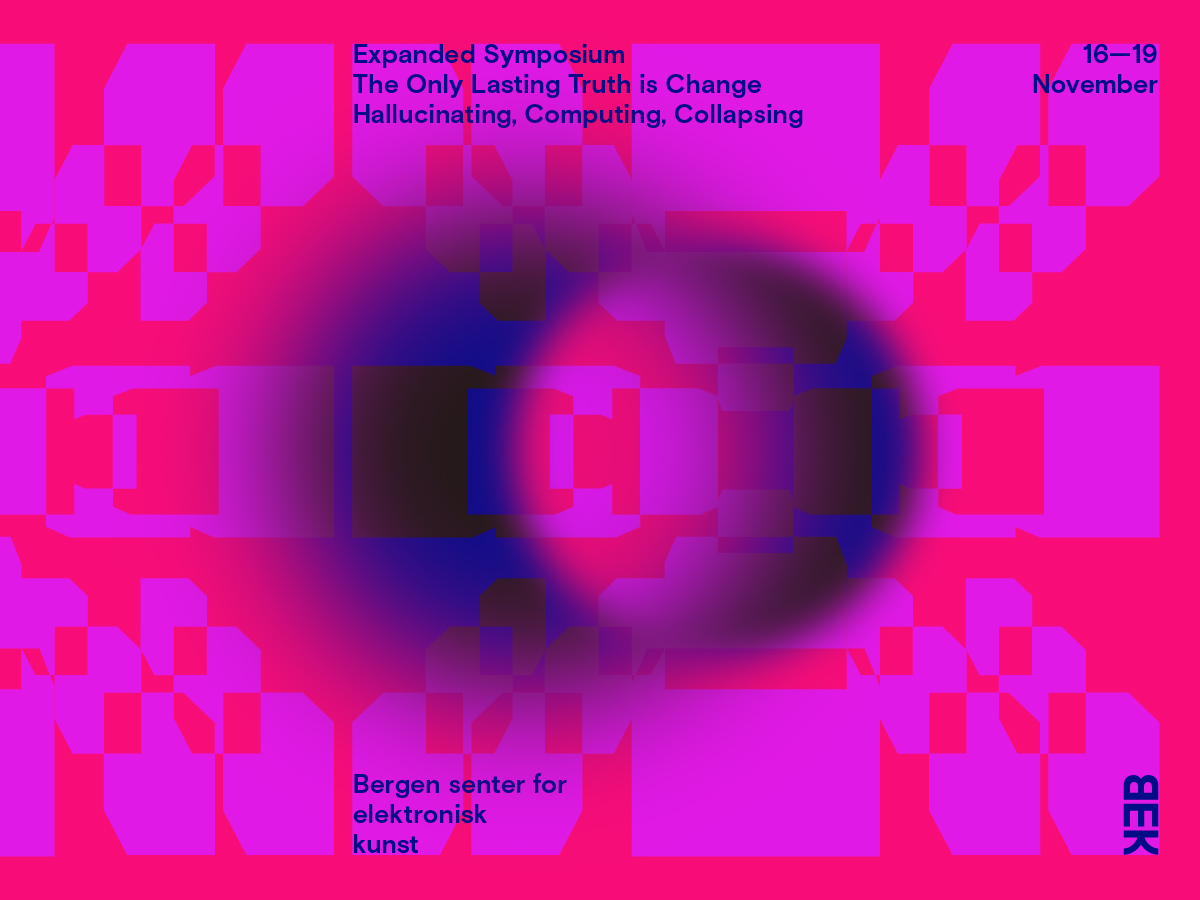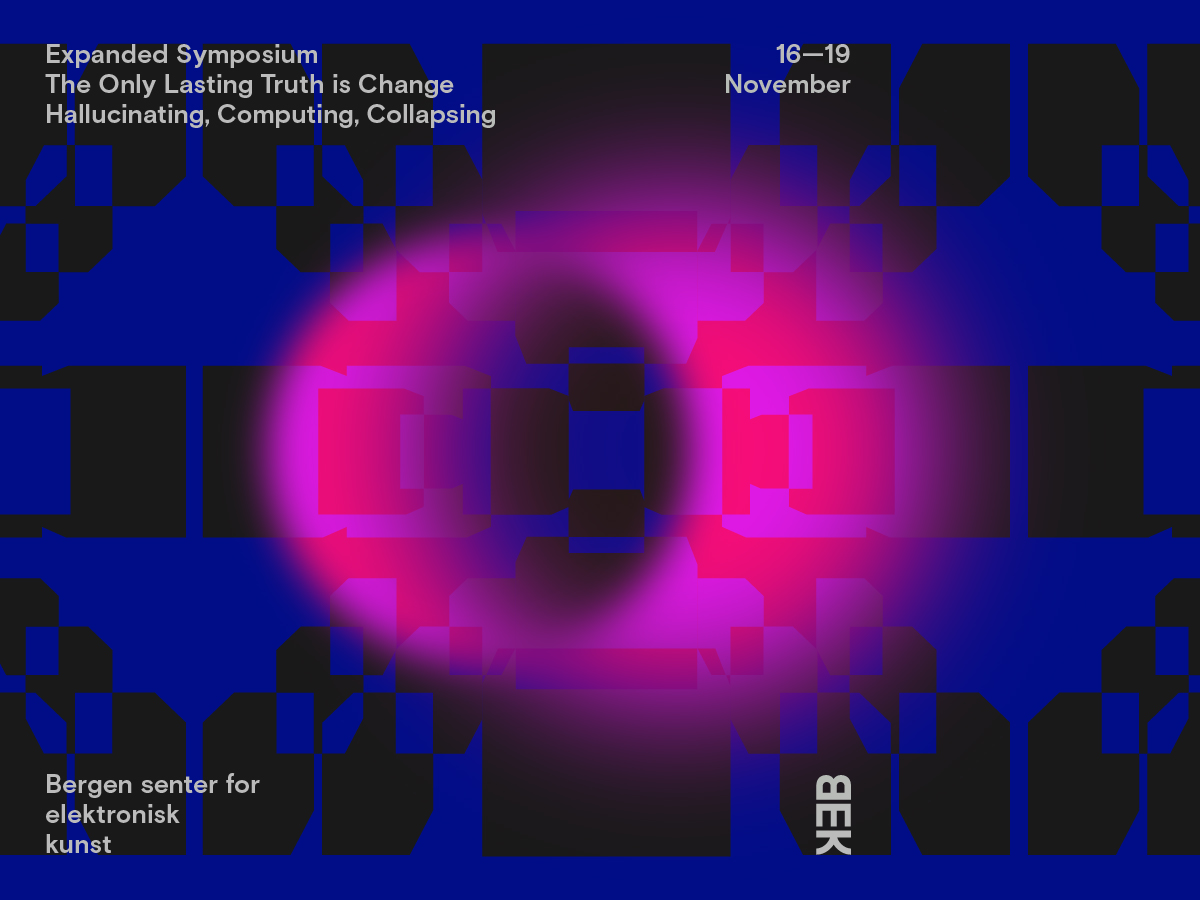Michele Elam: How Does AI Do “Race”? (And Why It Matters to Almost Everything)
Published
Online talk
Time: 18 November, 17:00 CET
Venue: Østre, Østre Skostredet 3
The talk will be streamed live at vimeo.com/bekdotno
In the tech industry, it is common practice to situate concerns about AI bias and discrimination under the category of business “risk,” a risk best addressed with technical solutions.
(“Risk” in this context is less an ethical than it is an economic or reputational concern for companies, since it usually refers to the potential for legal suits by populations negatively impacted by an AI application and/or the resulting reputational damage). “Race” or “gender” – or really any social identity category – is treated as a programmable category and, therefore, algorithmic racism is understood as mostly an unfortunate amplification effect of a social problem. As such, it is often cited as beyond the pale of any person’s, corporation’s, or technology’s ken or responsibility. The “problem” of those on a racial or gender continuum (e.g. “mixed” or “trans” identities) are treated as simply classificatory variations on a type or, at worst, statistical “noise.”
This algorithmic concept of “race” instrumentalized by LLMs rubs against decades of social science scholarship about racial formation, about the micro and macro processes by which “race” is formed and the social and political ends it serves.
This talk explores some examples of the real-world impact of how AI “does” race for fields as far ranging as medicine, the judicial system, and the entertainment industry.
MICHELE ELAM
Michele Elam is the William Robertson Coe Professor of Humanities in the English Department at Stanford University, a Faculty Associate Director of the Institute for Human-Centered Artificial Intelligence and a Race & Technology Affiliate at the Center for Comparative Studies in Race and Ethnicity.
Elam’s research in interdisciplinary humanities connects literature and the social sciences in order to examine changing cultural interpretations of gender and race. Her work is informed by the understanding that racial perception in particular impacts outcomes for health, wealth and social justice. More recently, her scholarship examines intersections of race, technology and the arts. Making Race in the Age of AI, her most recent book project, considers how the humanities and arts function as key crucibles through which to frame and address urgent social questions about equity in emergent technologies. Elam’s books include Race, Work, and Desire in American Literature, 1860-1930 (2003), The Souls of Mixed Folk: Race, Politics, and Aesthetics in the New Millennium (2011), and The Cambridge Companion to James Baldwin (2015). She was awarded the 2018 Darwin T. Turner Award for Outstanding Scholarship by the African American Literature and Culture Society.


